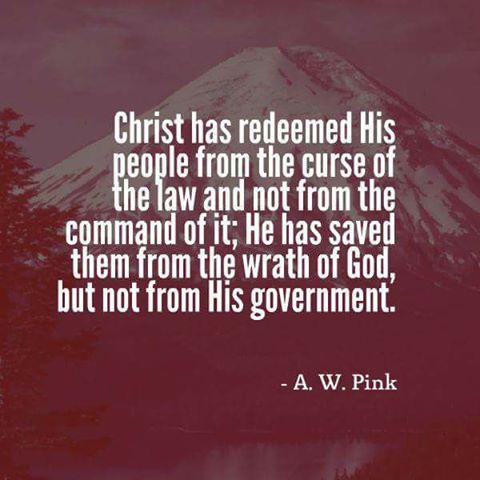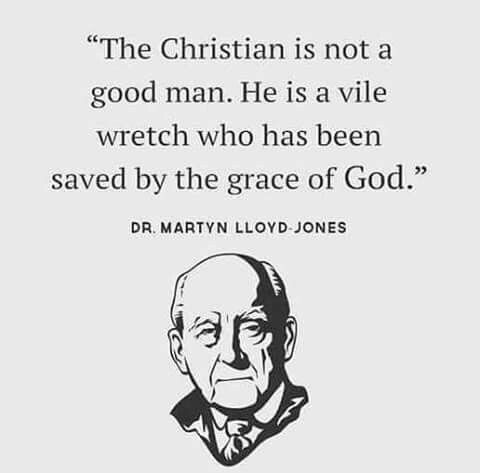The Nashville Statement and Acting in Love Toward our Neighbor
 Just a couple of comments on one of the articles in the Nashville Statement
Just a couple of comments on one of the articles in the Nashville Statement
ARTICLE 10
WE AFFIRM that it is sinful to approve of homosexual immorality or transgenderism and that such approval constitutes an essential departure from Christian faithfulness and witness.
WE DENY that the approval of homosexual immorality or transgenderism is a matter of moral indifference about which otherwise faithful Christians should agree to disagree
------
If I may add my 2 cents to Article 10:
Those within the visible church who APPROVE of homosexual immorality are not acting in love toward our neighbor but, for fear of man's opinion, are denying him or her the gospel, which is the only hope for any of us. Those churches who approve are, therefore, guilty of doing harm and/or murdering souls.
If I say to the wicked, ‘You shall surely die,’ and you give him no warning, nor speak to warn the wicked from his wicked way, in order to save his life, that wicked person shall die for his iniquity, but his blood I will require at your hand." - Ezek 3:18

 While peace and global unity are laudable pursuits (on the surface), such goals ought to be seen in the light of what took place at the Tower of Babel (
While peace and global unity are laudable pursuits (on the surface), such goals ought to be seen in the light of what took place at the Tower of Babel ( ur motivation makes the difference. The legalist obeys God's commands in order to attain and/or maintain their just standing before God; something that is clearly Christ's office alone. Evangelical obedience, if I may use that term, obeys out of a renewed heart. i.e. because he is born again and God's seed dwells in him (1 John 3:9). The thought of abiding in sin goes against the grain of who is is - a Spirit-indwelt believer whose heart now has the law of God written upon it.
ur motivation makes the difference. The legalist obeys God's commands in order to attain and/or maintain their just standing before God; something that is clearly Christ's office alone. Evangelical obedience, if I may use that term, obeys out of a renewed heart. i.e. because he is born again and God's seed dwells in him (1 John 3:9). The thought of abiding in sin goes against the grain of who is is - a Spirit-indwelt believer whose heart now has the law of God written upon it. The following is an excerpt of a short conversation that ensued as a result of this Lloyd-Jones quote:
The following is an excerpt of a short conversation that ensued as a result of this Lloyd-Jones quote: Listen to
Listen to